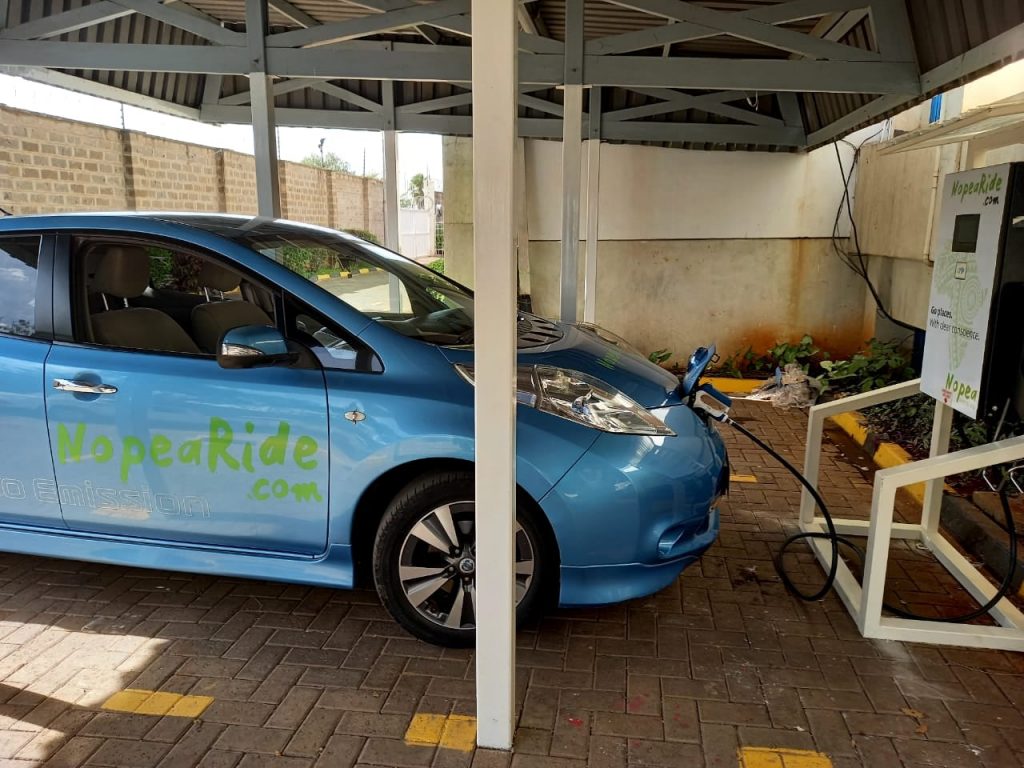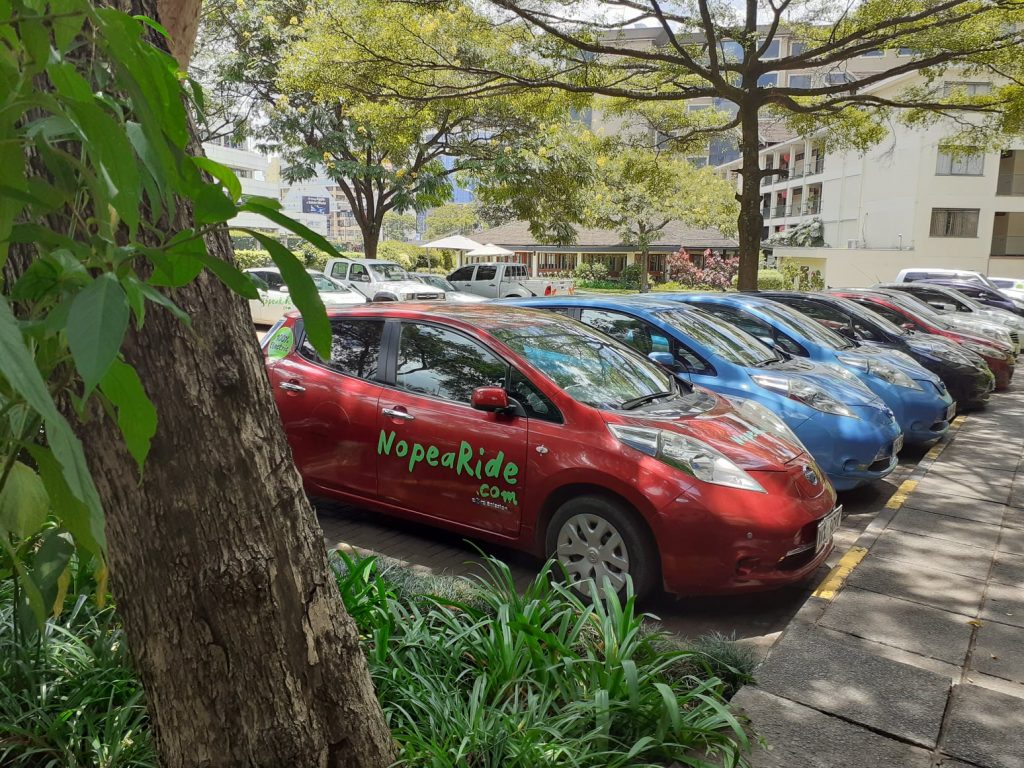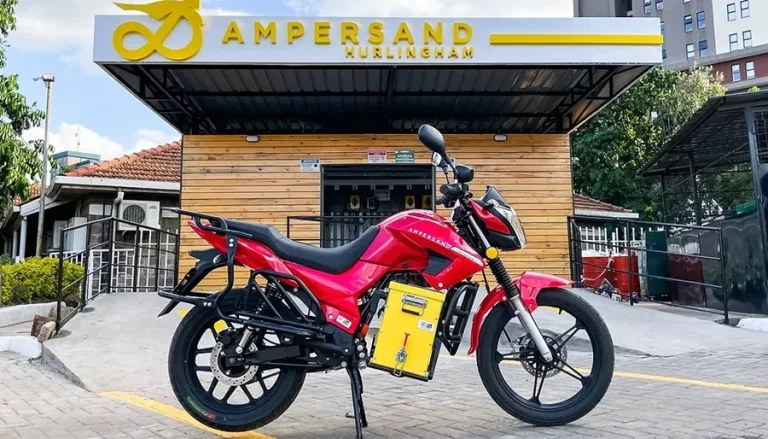Electric Vehicles Year In Review: The top 5 companies in Africa
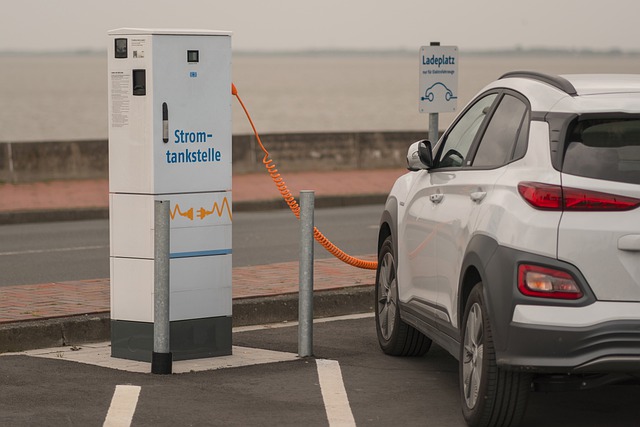
Last month, Tesla Inc.’s valuation surpassed $1 trillion, making it the fifth company in the world to do so after Apple, Microsoft, Amazon, and Alphabet.
A $4 billion deal to sell 100,000 vehicles to Hertz, the rental car company, skyrocketed the company’s shares in the single-largest purchase ever for electric vehicles, representing a $4.2 billion revenue for Tesla. With this achievement, Tesla has demonstrated that, while clean energy is necessary to combat climate change, it is also profitable when designed with a vision.
While many parts of Africa continue to experience power outages, the continent is still home to innovators and startups seeking to reduce carbon emissions through innovative clean energy mobility solutions.
The race to dominate the African electric vehicle (EV) market has already begun. Despite numerous impediments, such as poor power generation and infrastructure on the continent, some players have decided to be industry pioneers.
Here are six African electric vehicle companies to keep an eye on:
JET Motors
JET Motors Company, founded in 2018 by Chidi Ajaere and a team of passionate professionals, aims to accelerate Africa’s dominance in the future of mobility by reshaping the mobility narrative.
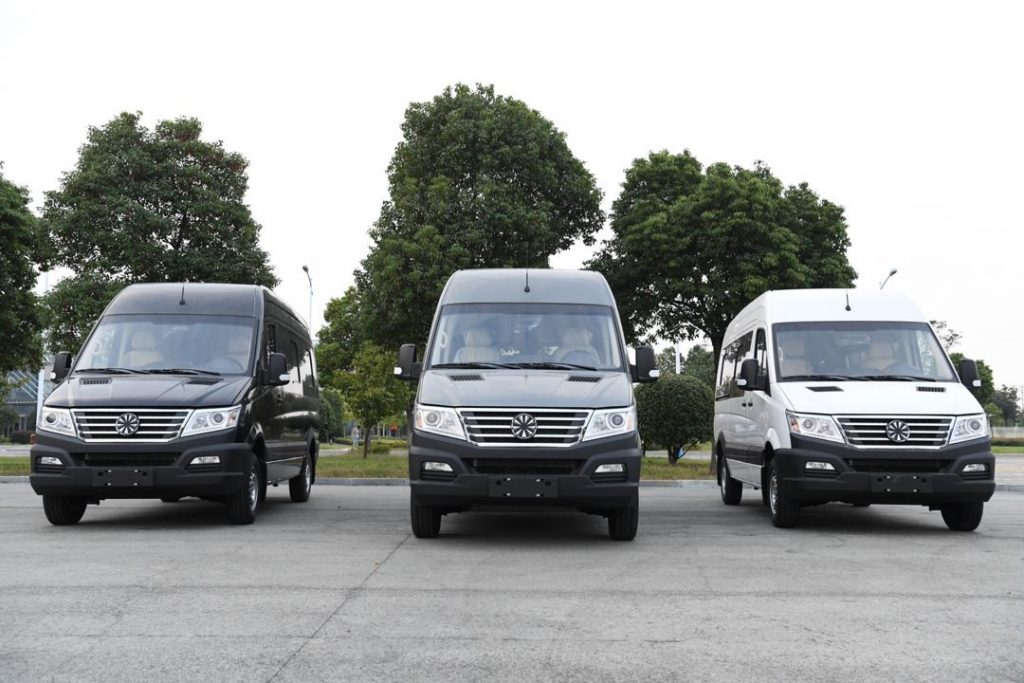
JET launched its flagship brand, the JET MOVER, a multipurpose van, in 2019 to encourage the use of locally manufactured vehicles.
Mr Joseph explains why JET decided to start with vans by stating that commercial vehicles are used by a larger percentage of the population in Nigeria and Africa in general. As a result, the JET Mover was designed to assist people in moving efficiently via this common mode of transportation.
However, this is not the primary goal of the company. It revealed that it has a lofty goal of ushering Africa into a new era of mobility. This, according to Mr Chidi, entails guiding Africa into the new world of electric vehicles.
BasiGo
BasiGo, based in Nairobi, envisions a future of clean electric public transportation in Africa. Jit Bhattacharya and Jonathan Green founded the company, which recently raised a $1 pre-seed round to begin operations in Kenya. The startup intends to sell locally assembled electric buses made with parts from China’s BYD Automotive.
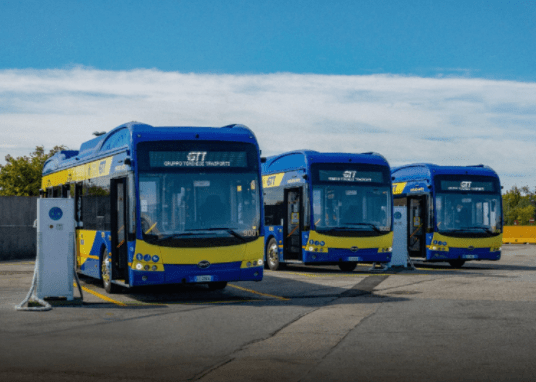
After establishing itself in Kenya, the company intends to expand to other markets in East Africa. Climate Capital, a Silicon Valley venture capital firm, and Third Derivative, a climate-technology accelerator, are among the investors in BasiGo.
SolarTaxi
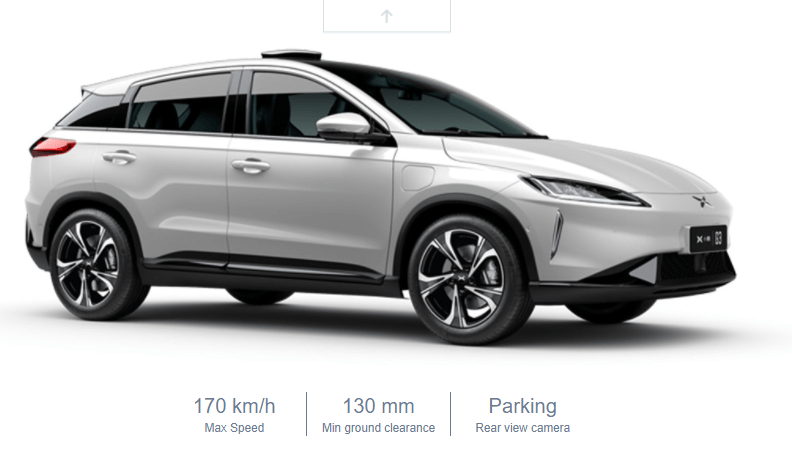
The Solar Taxi Initiative is a project in Ghana that aims to produce solar-powered electric vehicles for transportation. Ghana’s Solar Taxi project, launched in September 2018, was powered by Kumasi Hive in collaboration with the Mastercard Foundation with the goal of alleviating poverty, creating jobs, and protecting the environment.
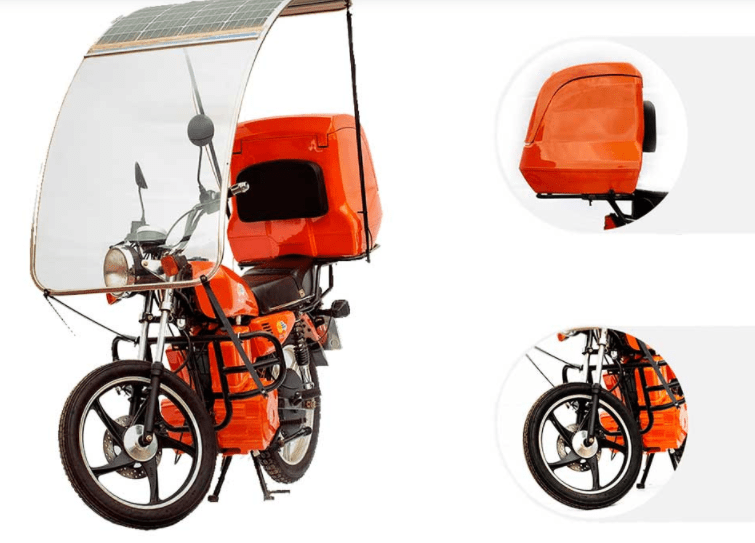
Solar Taxi currently manufactures electric cars and electric bikes for delivery and courier services. In addition, the company offers integrated fleet management services to businesses, including an interactive dashboard and mobile apps for Taxi Driver and Taxi App – for Riders.
Siltech World
Siltech is a renewable energy solutions company with a mission to provide environmentally friendly goods and services to environmentally conscious tech-savvy consumers who lack access to traditional power solutions.

Siltech is a renewable energy solutions company with a mission to provide environmentally friendly goods and services to environmentally conscious tech-savvy consumers who lack access to traditional power solutions.
Tolulope Williams, a legal practitioner who enjoys technology, toys, and motorcycles, founded the company. Silteck’s goal is to develop electric-powered bikes that will make life easier and more efficient for everyone while also preserving our planet for future generations. The company currently has bikes with charge stations that can travel between 46 and 131 kilometers.
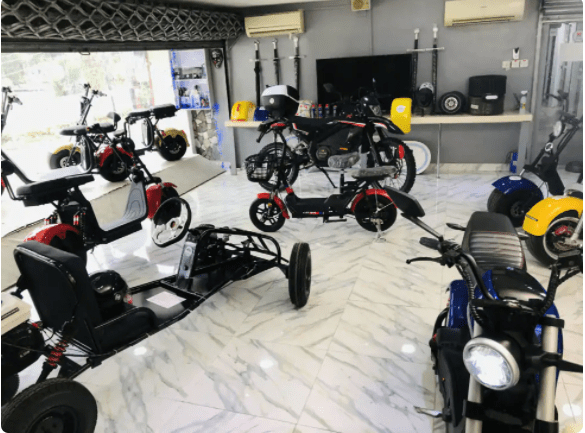
Greenfoot Africa
Greenfoot Africa is an eMobility as a Service (eMaaS) social enterprise that uses electric micromobility digital tools and clean energy access to power the efficient and sustainable movement of goods in Africa’s urban food systems and local consumer markets.
The company’s vision is to empower local businesses and consumers to go green and work more efficiently, in order to create sustainable, profitable, and resilient local consumer markets in Africa’s urban and rural centers. So far, the company has successfully distributed 20,000+ km of goods in a sustainable manner, served 300+ vendors and merchants, and saved 2000+ kg of CO2 emissions.
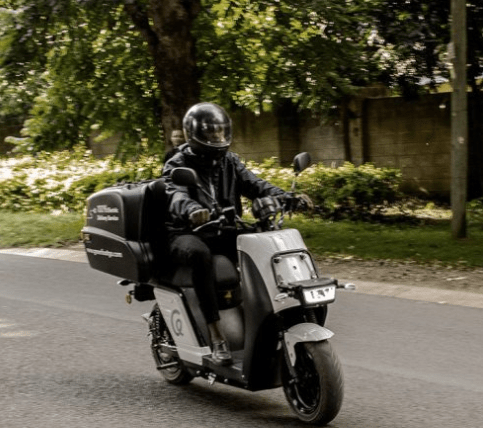
Greenfoot Africa is an eMobility as a Service (eMaaS) social enterprise that uses electric micromobility digital tools and clean energy access to power the efficient and sustainable movement of goods in Africa’s urban food systems and local consumer markets.
The company’s vision is to empower local businesses and consumers to go green and work more efficiently, in order to create sustainable, profitable, and resilient local consumer markets in Africa’s urban and rural centers. So far, the company has successfully distributed 20,000+ km of goods in a sustainable manner, served 300+ vendors and merchants, and saved 2000+ kg of CO2 emissions.
Greenfoot Africa offers delivery services using its 100% electric-powered bikes on Greenfoot Go, which is currently in the demonstration stage. Greenfoot Hub, an electric micro-mobility (2 & 3 wheelers) battery charging/swapping station, consumer goods micro-fulfilment center, and E-guta, a locally made electric cargo bike, are all in the works.
Nopea Ride
Nopea Ride, which translates to “Fast Ride” in Finnish, is a ride-hailing service that operates entirely on electric vehicles in Nairobi. The company works in the same way that most ride-hailing apps do, by connecting drivers and riders. Their cars, on the other hand, are all electric, making them more environmentally friendly.
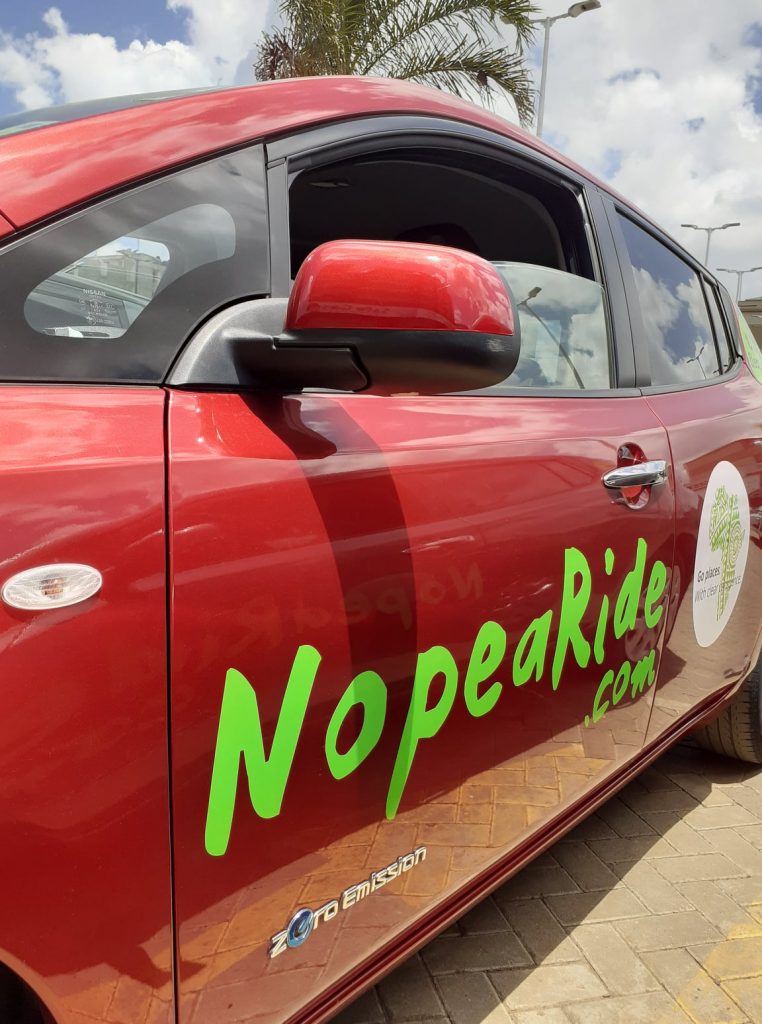
EkoRent Oy, Nopea Ride’s parent company, launched in Kenya in 2018 and plans to increase its fleet of rented electric taxis to 100 by the end of the year, reducing carbon emissions within the city.
